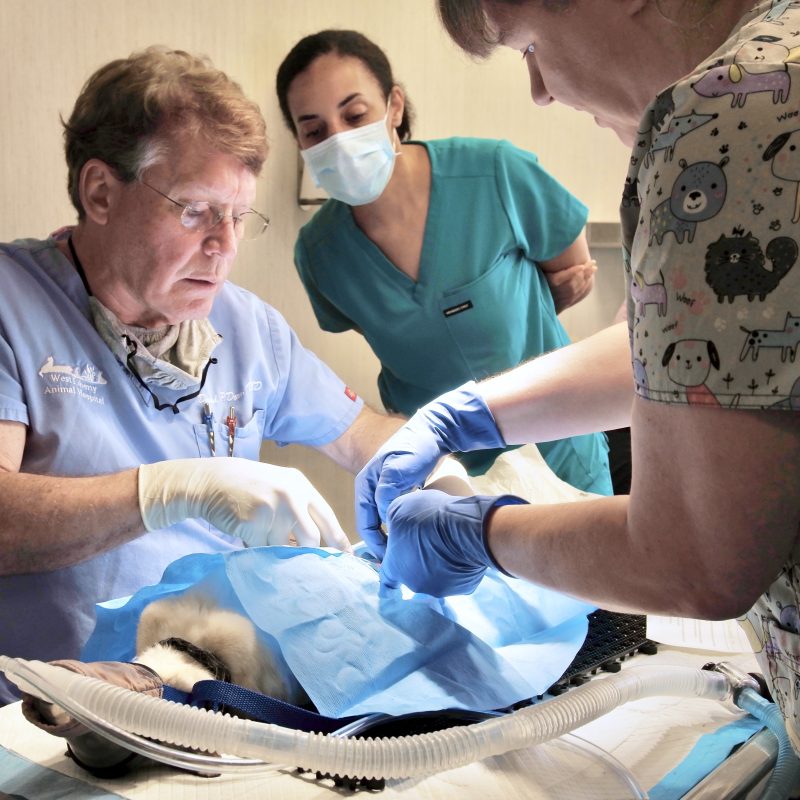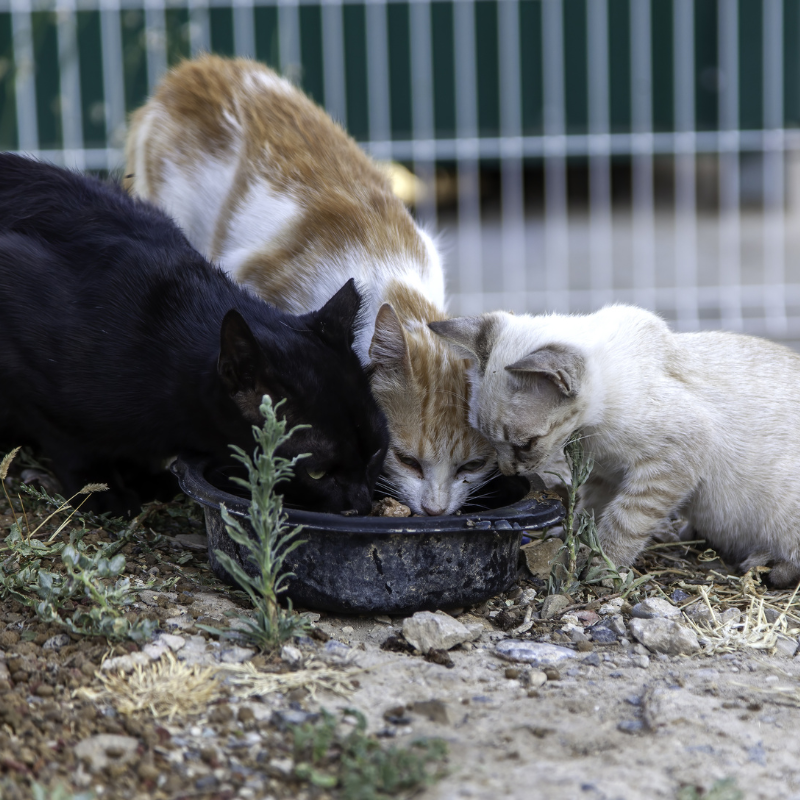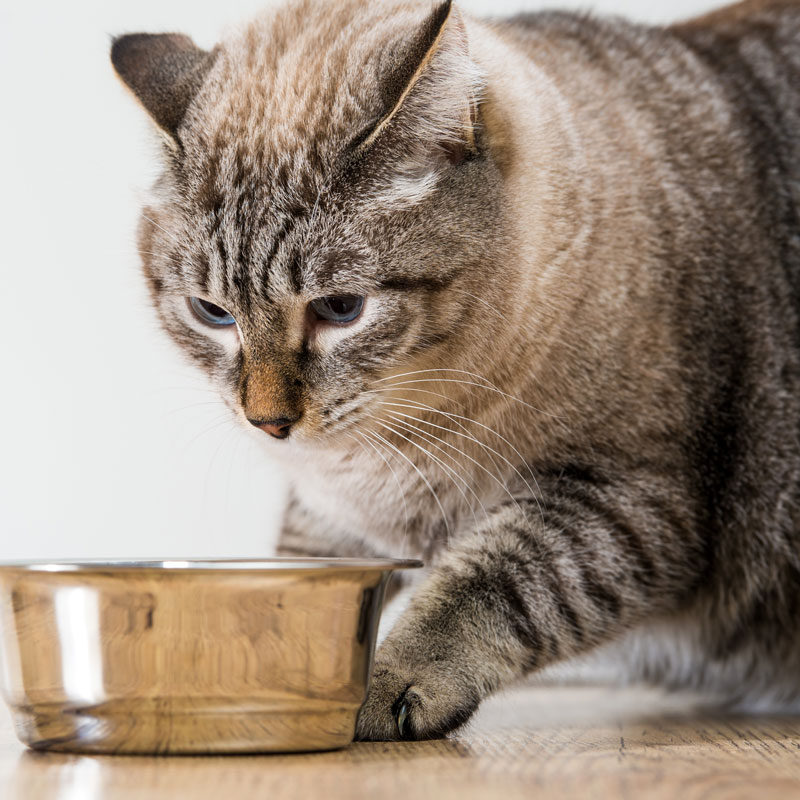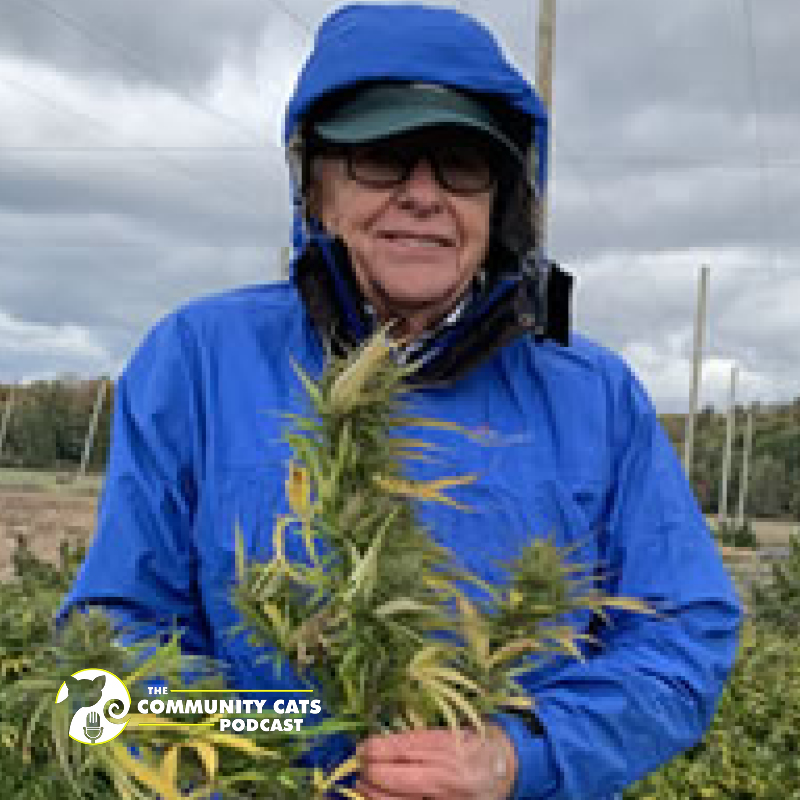
Dean Killingbeck, Pets Strong CBD
May 12, 2020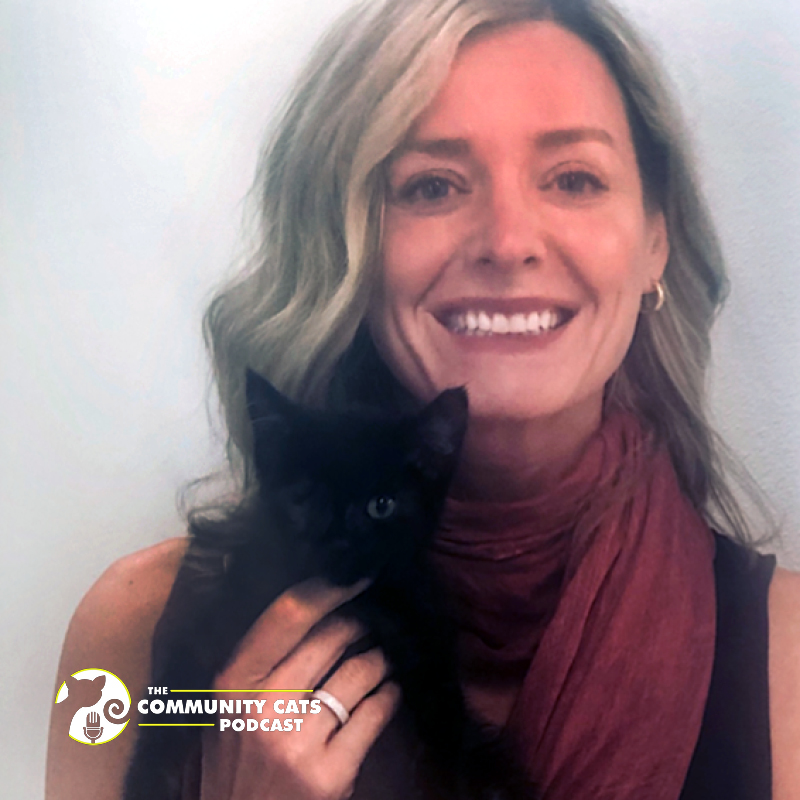
Lora O’Connor, The National Kitten Coalition
May 19, 2020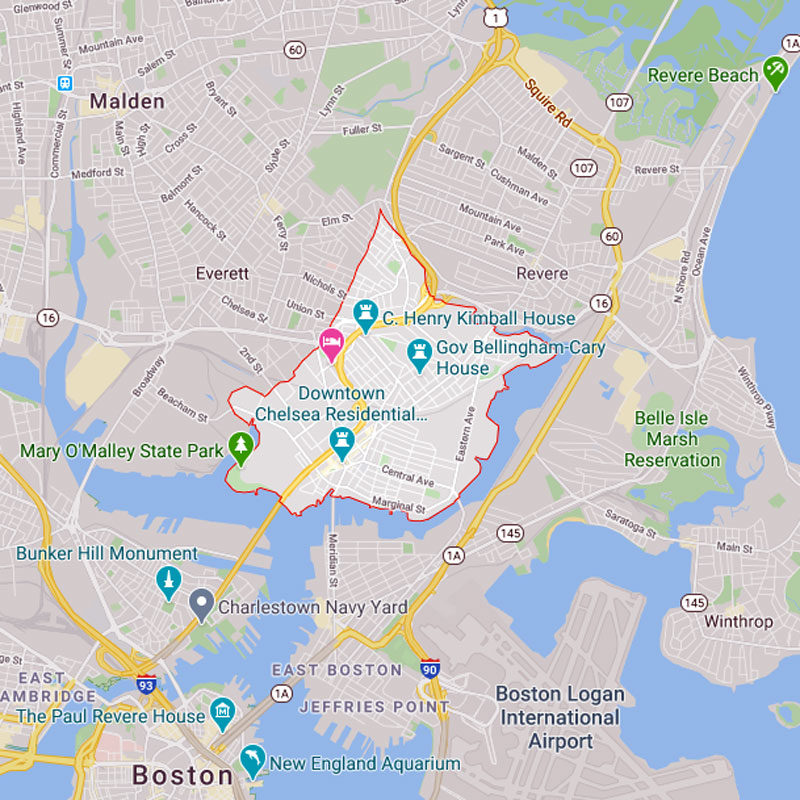
As we all do, I wear many hats. In addition to heading up the Community Cats Podcast and all of our educational programs, I am also the program administrator for a small group in Chelsea, MA called HubCats Chelsea (HCC).
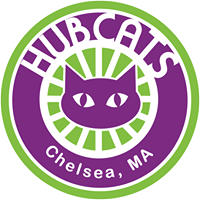 This group started up about four years ago to do a targeted spay/neuter effort for cats and dogs in Chelsea. In addition to that, we also hold one of the largest vaccination/microchipping clinics in the state, with over 300 people attending the six-hour event. With support from a progressive local foundation, the Carlee Foundation, as well as from the Petco Foundation, Massachusetts Animal Coalition, and others, we have been able to assist over 3,000 cats and dogs in the community.
This group started up about four years ago to do a targeted spay/neuter effort for cats and dogs in Chelsea. In addition to that, we also hold one of the largest vaccination/microchipping clinics in the state, with over 300 people attending the six-hour event. With support from a progressive local foundation, the Carlee Foundation, as well as from the Petco Foundation, Massachusetts Animal Coalition, and others, we have been able to assist over 3,000 cats and dogs in the community.
Why did we choose to focus on Chelsea so many years ago? Chelsea has an ethnically diverse population, with multigenerational housing, and a lot of poverty and undocumented workers. Chelsea is also a vibrant community that cares deeply for its animals and people. Many of you may have seen that COVID-19 has hit the city of Chelsea particularly hard, with the highest rates of infection in the Commonwealth occurring there.
As COVID-19 struck Massachusetts and especially Chelsea, some things changed and some things stayed the same. Luckily HCC has a relationship with a private veterinarian who has been able to stay open and continue to assist our trappers with emergency rescues and surgeries. With the popularity of foster care, we have also been able to find organizations that have been willing to take transfers so far. So our volunteer trappers aren’t too overwhelmed.
These are the things that have changed: Our owned spay/neuter services had to stop for a period of time. We have a great partnership with the Massachusetts Society for the Prevention of Cruelty to Animals (MSPCA) for this program. They were able to open back up quickly for some neuters, and we are hopeful that spays will be happening soon. So while we have a backlog of people that need assistance, we will help with this as quickly as we can in order to ensure that pets are taken care of.
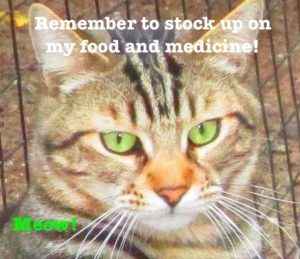 We also knew that we needed to get pet food and cat litter into the community immediately. So we reached out to St. Luke’s Episcopal Church and Father Edgar warmly welcomed a collaborative effort to get pet food into their food pantry. Father Edgar told me on the phone that “It is like a war zone in Chelsea,” but he is so thankful that he can offer support for pets so that folks won’t have to worry about them. Working with the MSPCA, Northeast Animal Shelter, and the Humane Society of the United States (HSUS), we are attempting to provide $1,000 worth of food on a weekly basis to support the community. But we are a small group without a lot of resources, so we are becoming more engaged in fundraising too. Sandy Rees is my “go-to” fundraising resource.
We also knew that we needed to get pet food and cat litter into the community immediately. So we reached out to St. Luke’s Episcopal Church and Father Edgar warmly welcomed a collaborative effort to get pet food into their food pantry. Father Edgar told me on the phone that “It is like a war zone in Chelsea,” but he is so thankful that he can offer support for pets so that folks won’t have to worry about them. Working with the MSPCA, Northeast Animal Shelter, and the Humane Society of the United States (HSUS), we are attempting to provide $1,000 worth of food on a weekly basis to support the community. But we are a small group without a lot of resources, so we are becoming more engaged in fundraising too. Sandy Rees is my “go-to” fundraising resource.
Our vaccination/microchipping clinic will have to change. Chelsea is a community with a small footprint and few people have cars (so a drive-through model won’t work). So in rethinking this clinic, we may be doing something different. We will have to have social distancing rules. But I think we can do it. The community needs this service for the safety of all—pets and people.
So that is a short story about how a small, all-volunteer group is still able to help cats and dogs in one of the hardest-hit areas of coronavirus. We aren’t able to do it all, but we are doing something and that is good enough for now with us.

